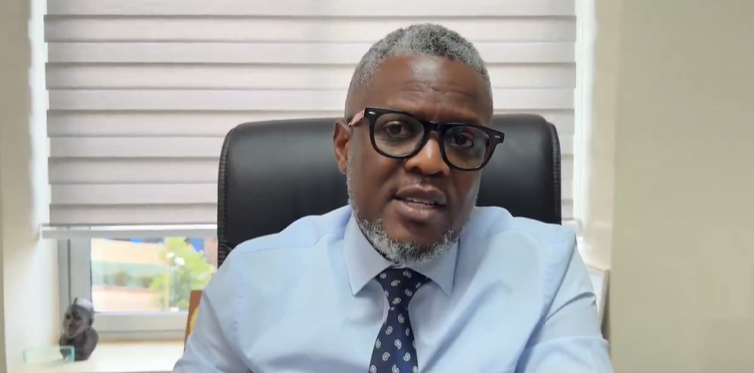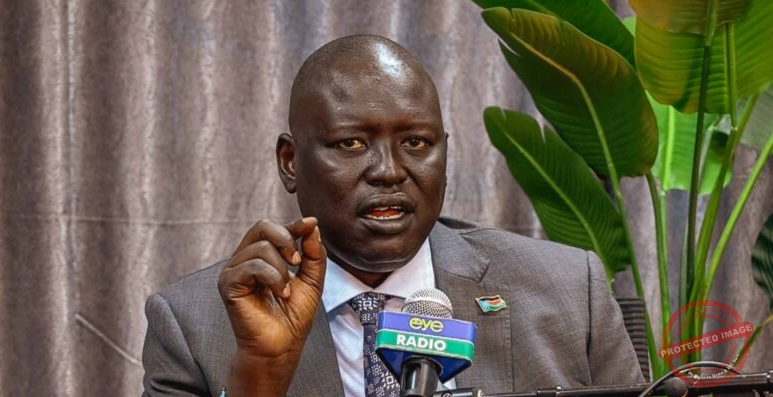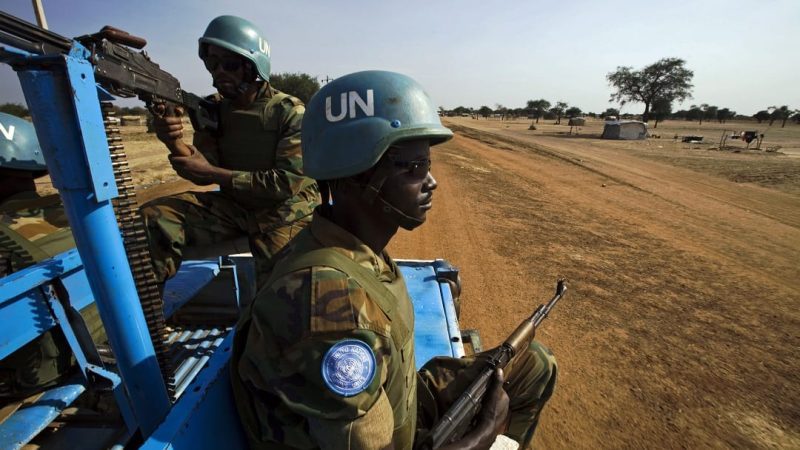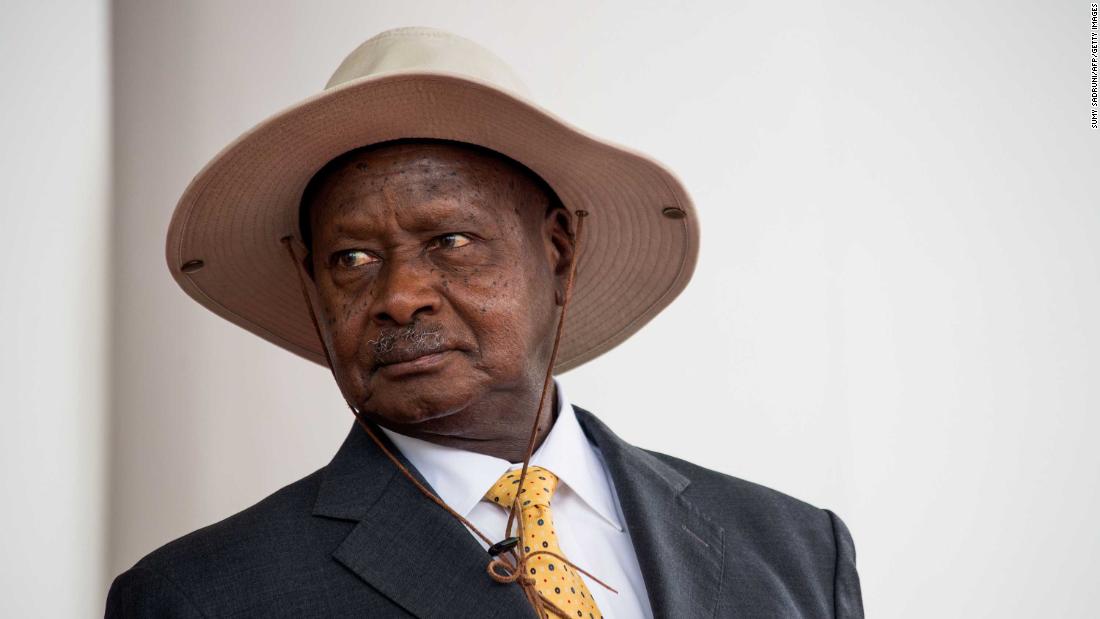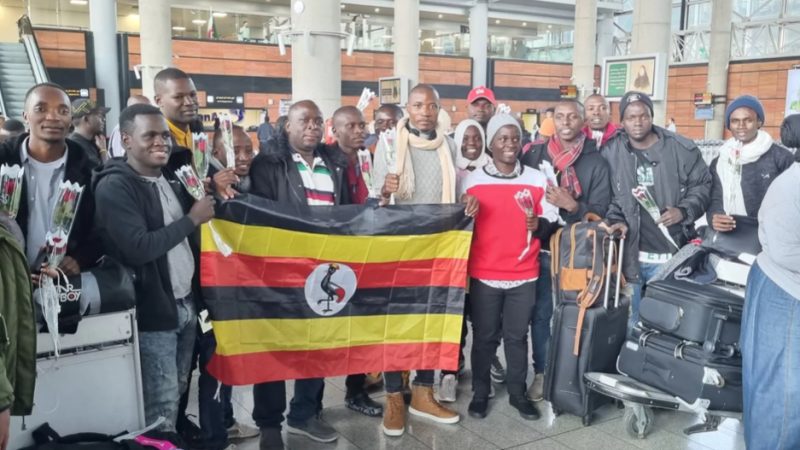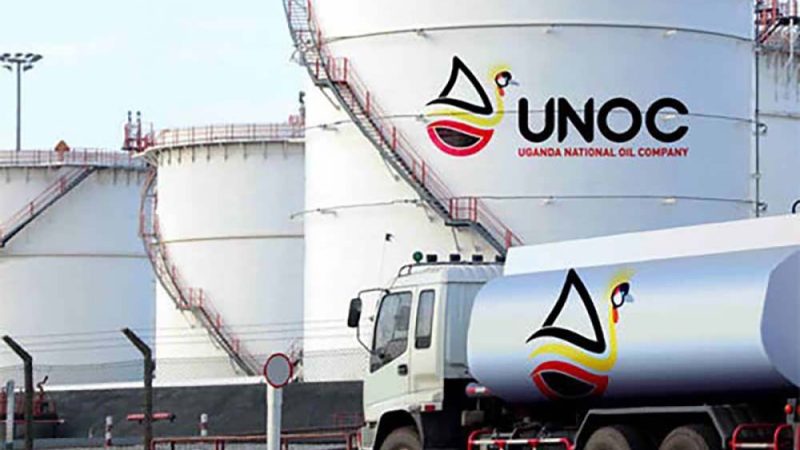At least 4,042 people including 21 heads of state are expected to attend President Yoweri Kaguta Museveni’s 6th swearing-in ceremony. Speaking at the Uganda Media Centre in Kampala, Esther Mbayo, the Minister of the Presidency said the decision is aimed at conforming to the standard operating procedures meant to contain the spread of Covid-19.
According to the standard operating procedures, all political gatherings are restricted to only 200 people. However, Mbayo said that since the swearing-in ceremony is a special occasion that occurs only once every five years, they sought a waiver from the Ministry of Health and the Attorney General to have more people.
She says that they will still observe other SOPs such as social distancing and hand washing. Mbayo also says that all those who will attend the function will be required to take a Covid-19 test before they are allowed access to the Kololo ceremonial grounds where the swearing-in will take place.
Asked whether even heads of state will be tested before they are allowed in the country, Mbayo said only their entourage will be tested. Mbayo also refused to disclose the names of the heads of state who have confirmed attendance. She said however that invitation has been extended to 42 heads of state both from Africa and the rest of the world.
Also invited to attend the ceremony from within the country include; all former presidential candidates, ministers and ministers of state, all MPs-elect, members of the Central Executive Committee, some religious and cultural leaders, 17 delegates from each district, members of the East African Legislative Assembly and some members of the business community.
President Museveni was declared by the Electoral Commission as the winner of the January 14 elections having defeated 10 other candidates with 58 percent of all valid votes cast. If he completes his term in 2026, Museveni will have collectively ruled Uganda for 40 years.
————————-
By: URN


